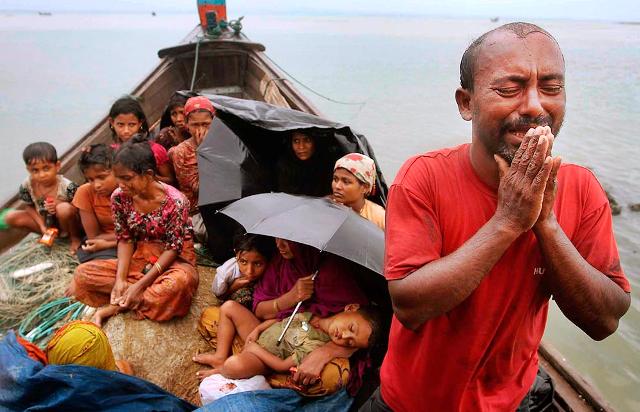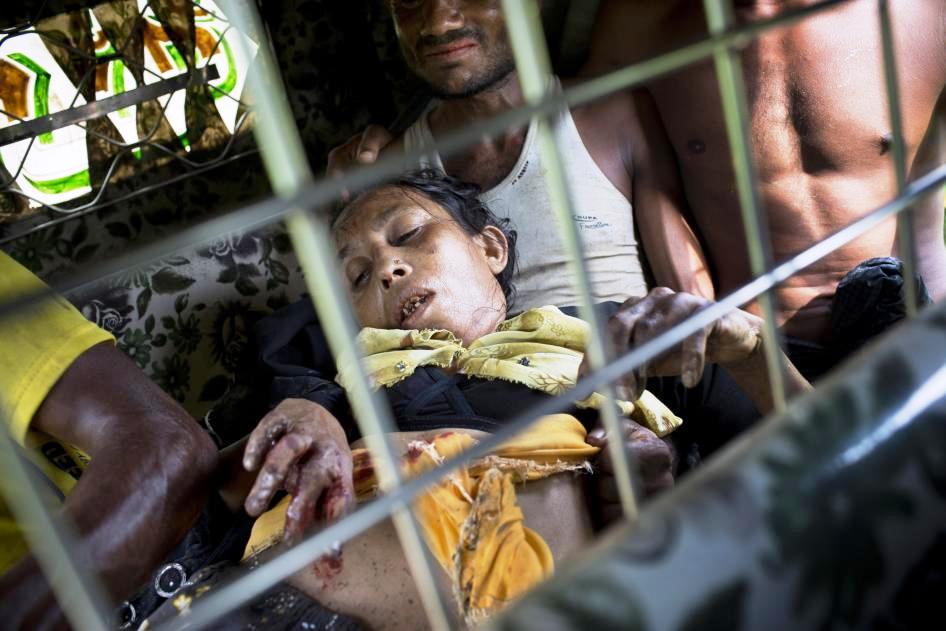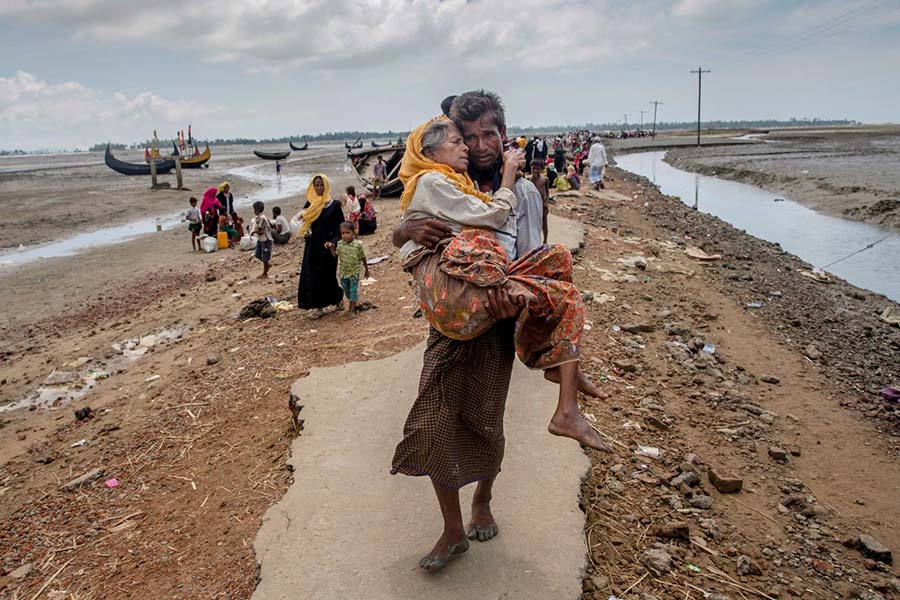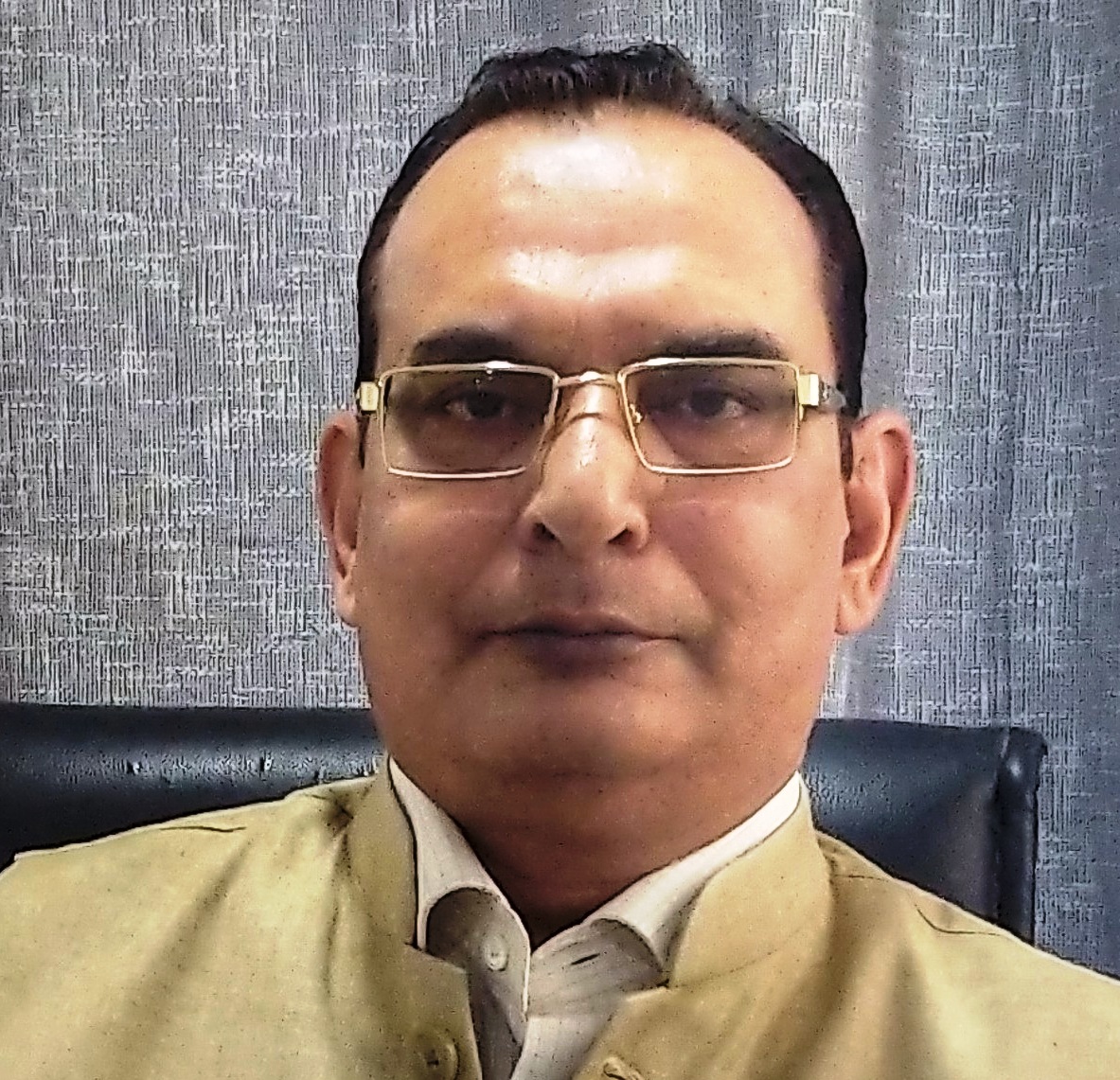by Asad Mirza
There is a pressing need to nurture the theological discourse on the issue of forced migrant protection in Islam

Of the recent memories, perhaps no one can forget the images of Alan Kurdi, the three-year-old Syrian boy of Kurdish ethnic background whose image made global headlines after he drowned on September 2, 2015, in the Mediterranean Sea. It is the story or fate of many hundreds of thousands of refugees or migrants fleeing their country.
‘Migrant’ is a general term, often used very freely, for anyone who has left his or her place of origin. It can refer to those who have voluntarily left their homes or those who have been forced from their homes for either political or economic reasons. As UNHCR acknowledges, blurring the terms ‘refugees’ and ‘migrants’ takes attention away from the specific legal protections, which the refugees require, such as protection from persecution and from being penalised for crossing borders without authorisation in order to seek safety.
Currently, the world is witnessing the highest levels of displacement on record. As per UNHCR during the last two years, some 71 million people around the world have been forced from their homes. However, the true number of forcibly displaced people is likely to be even higher. People internally displaced by violence and conflicts at the end of 2019 are hosted in 56 countries and territories, with Colombia and Syria housing the largest numbers. The top ten countries of origin of refugees include Syria, Afghanistan, South Sudan, Somalia, Sudan, the Democratic Republic of the Congo, Central African Republic, Myanmar, Eritrea and Burundi. Nine of the top ten refugee-hosting countries were in developing regions, with Turkey, Pakistan and Iran hosting the largest numbers of refugees amongst the Muslim countries.
History of migration
It is a fact that Europe’s history has been shaped by migration. For centuries, merchants, craftsmen and intellectuals crossed the continent to practice their trades or start new lives. Millions emigrated from Europe, first to the colonies and later to the Americas and Australia. Europe also has a long history of forced migration: from the expulsion of the Jews from Spain to the population shifts in southeast Europe caused by the many wars between the Russian, Austro-Hungarian and Ottoman empires.

However, migration as an issue has plagued the western world, in particular over the last 50 or so years. It assumed political connotations also during the last two decades. While during the last ten years the numbers have increased manifold, the affected nations have started adopting measures like erecting walls and fences on their borders and keeping a vigil at the sea routes. The issue has also been able to consolidate far-right votes, with nationalism becoming the keyword, for their anti-migrant stand.
For most of the migrants, to flee chronic poverty and deprivation, political instability and wars, the route was taken by them to their dreamland is through illegal means. And even when they reach there, it is a tough fight to get acceptability and legal status. The migrants use both land and sea routes for their journey to a better and safe life for them and their families. However, on their arrival in Europe, they do not find safety, which they were looking for, but instead, they become victims of discrimination and find themselves at the centre of a white, Eurocentric discourse – a “problem” to be blamed for society’s ills.
Dissecting this issue, sociologist Encarnación Gutiérrez Rodríguez holds this factor responsible as giving rise to the creation of never-ending irrational, ideological justifications for that anxiety and fear, amongst Europeans. This fear and anxiety further implanted itself in looking at things through a Eurocentric manner, in which every foreigner is blamed for the ills affecting the European countries.
Muslim migrants
Further candid analysis of the ethnic origin of the migrants brings forward the fact that a large number of them are from Muslim countries, which were declared independent by the western colonialists and a majority of these countries are now facing internal war or after-effects of war.
If we try to analyse the reasons behind migration from countries like Sudan, Libya, Egypt, Afghanistan, Nigeria etc, then we can say that most of the newly independent countries were unable to provide a comfortable life-sustenance system to their citizens. The rulers in most of the newly independent Muslim countries were autocratic and tyrannical, they continued with their old feuds with neighbouring countries and any concern for their citizens was their last priority.

Further, these rulers and organisations like the Organisation of Islamic Cooperation (OIC) have forgotten the rules related to the migrants and refugees in Islam. First, they blame the western world for every ill and even for the one created by them, they want the western institutions to take care of that, instead of trying to resolve it themselves.
Migration in Islam
Islam has a strong heritage of migrant protection, stemming from the original teachings of the Holy Qur’an, as well as from historical examples taken from the lives of great Prophets – from Ibrahim (PBUH), to Musa (PBUH), to Prophet Muhammad (PBUH).
It is a tradition, which provides a robust and generous framework for the protection of and provision for forced migrants, enshrining rights such as the rights to dignity, non-persecution, equality, quality shelter and healthcare ensuring family reunification, and protection of property. Yet this tradition is not always applied in the modern context, despite Muslim countries currently hosting around half of the world’s refugee population.

A 2007 conference on Asylum and Islam led by the United Nations High Commissioner for Refugees (UNHCR) spoke of Islam’s “highly sophisticated tradition” with its “fundamental humanitarian spirit” having strong parallels with existing international law (Refugee Survey Quarterly 2008, p. 64). The 2012 Ashgabat Declaration on Refugees in the Muslim World by the OIC stated: “We recognise that over fourteen centuries ago, Islam laid down the base for granting refuge, which is now deeply ingrained in the Islamic faith, heritage and tradition”.

Unfortunately, such traditions are rarely invoked today.
There is a pressing need to nurture the theological discourse on the issue of forced migrant protection in Islam. Such traditions could play a vital role in helping countries, both Muslim and non-Muslim or in West and East, manage forced migrant crises in a manner that is compliant with Islamic principles and human morals, whilst also assisting forced migrants in recognising the rights and dignity conferred on them by God.
(Asad Mirza is a senior journalist based in New Delhi. In his career spanning more than 20 years, he was also associated with BBC Urdu Service and Khaleej Times of Dubai. Views are personal.)















